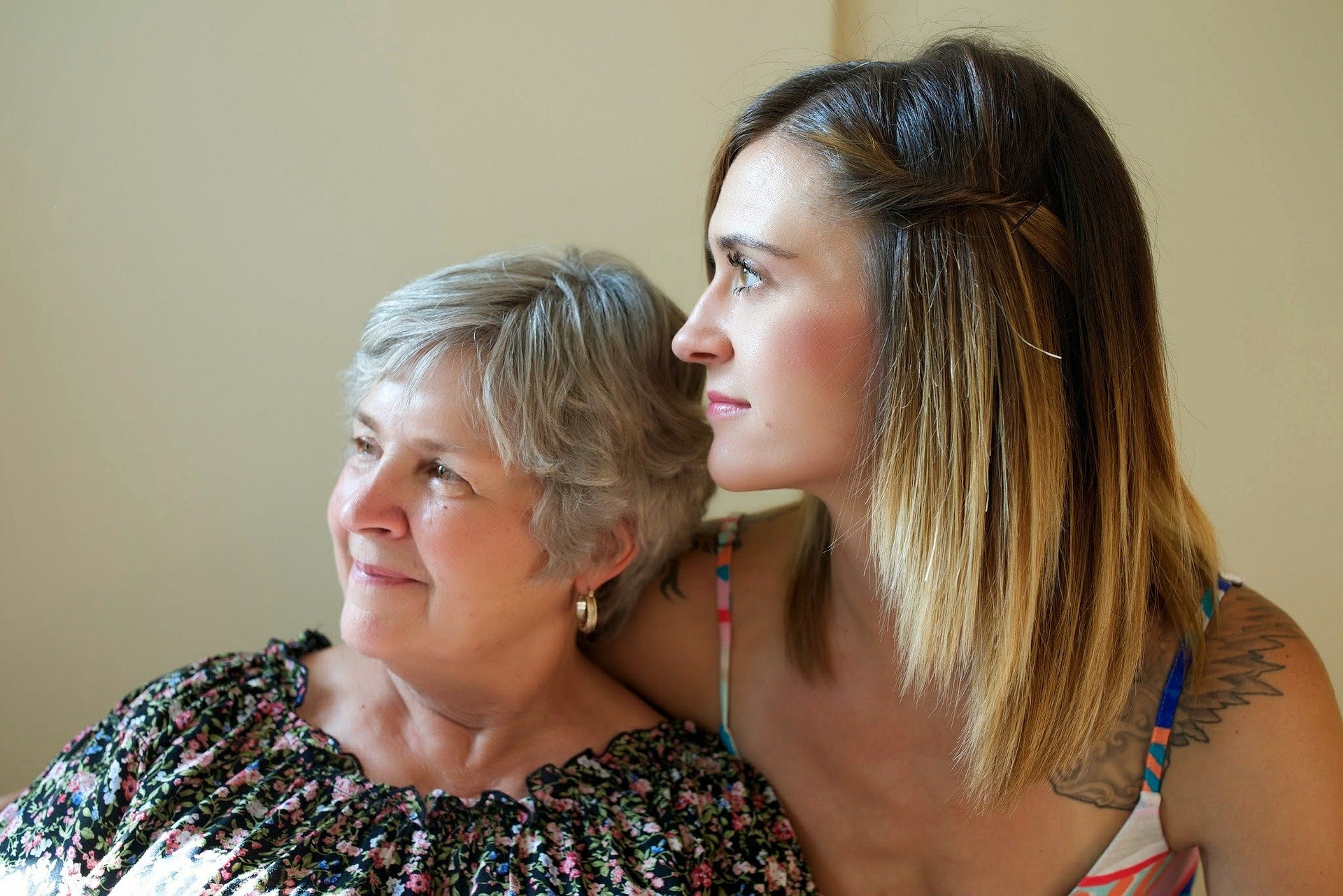Your baby is now 18 years old and is on her way to college as a freshman this coming fall! That happened fast…In fact, it may have happened so fast that you didn’t realize that while they may be your baby still, they are full grown adults in the eyes of the law.
In the eyes of the law, if your adult child has a medical emergency, you have few guaranteed rights to help them, and in fact – you may not have any legal authority to do so.
You can start to imagine how not being able to get an idea of the medical issues arising from a car accident, falling down the stairs, even an accidental injury getting out of bed might cause un-imaginable stress for you, your child, and the rest of the family!
A little bit of family protection planning can help you, your child, and your family plan for these types of events.
Have You Heard of HIPAA?
HIPAA is the Health Insurance Portability and Accountability Act. (here’s more about HIPAA). This law protects patient privacy and you may find that even if your adult child is still insured under your health plan coverage, it is up to a medical provider to decide to disclose medical information. They don’t hold back for spite, of course, they are required to only disclose information if in their professional opinion it serves the best interest of the patient.
How a Lack of Family Protection Planning Can Affect You!

Imagine your daughter or son is away for college and experiences a medical emergency. They’re still only 18 or 19 and although this is quickly changing, in many ways you are still the primary adult influence in their lives.
In the midst of your adult child’s medical emergency, they are unable to provide authorization to have you get pertinent details of the situation, talk to the doctor, and potentially make very important decisions. You are now as much in the dark on the whole situation as a stranger, but of course, you’re not a stranger. Your his or her parent!
This isn’t just a cautionary tale either… This happens every day.
So, how can you prevent this?
Prepare a HIPAA authorization
This is a detailed document that enables you to use obtain protected health information. The use case(s) and extent of information that you are allowed to see can be spelled out in this HIPAA authorization as well. This means that if your son or daughter didn’t want certain health information disclosed (such as behavioral health records or drug use) but still wanted you to be able to obtain and help make decisions in the case of something more substantial, you’d be able to do so.
Prepare a Medical Power of Attorney, or Equivalent
This is a document that goes by different names or is sometimes wrapped up into a HIPAA authorization or medical Power of Attorney, depending on where you live. With the consultation of a good estate and family planning attorney, you’ll be able to decide how best to approach this. But the point is, that you need a document that will enable you to act as an “agent,” allowing you to make medical decisions on behalf of your child if they are unable to make those decisions them-self.
Where the HIPAA authorization allows you to gain the necessary information to handle a medical emergency, the Power of Attorney enables you to make decisions based on that information – if necessary.
Consider a Durable Power of Attorney
In the same way that a medical power of attorney gives someone the authority to make medical decisions for another person, a durable power of attorney enables them to take care of other business. Remember what it was like before your child turned 18, you had to sign permission slips, in fact you signed all legal documents on their behalf. This is like that in the manner that you’d be able to do the same on their behalf. There’s obviously a distinction though, they are adults now – so this is something you will want to discuss with them.
Talk to Your Children About Family Protection Planning

Before doing any of this, you should probably have a good conversation with your child. This isn’t about control, or fear, it’s about planning for the future and trust. For this reason, you should also consider if you need this for yourself. If you don’t already have a plan set up for yourself, it may be easier to approach these conversations as a mutual protection planning process. You would be protecting yourself too. In the event of a medical emergency causing you to become incapacitated, your children can help you as well. And best of all, by doing this, you are demonstrating to them, through personal & parental leadership, the value you place in long-term family protection planning.
Contact us today to schedule a consultation.
